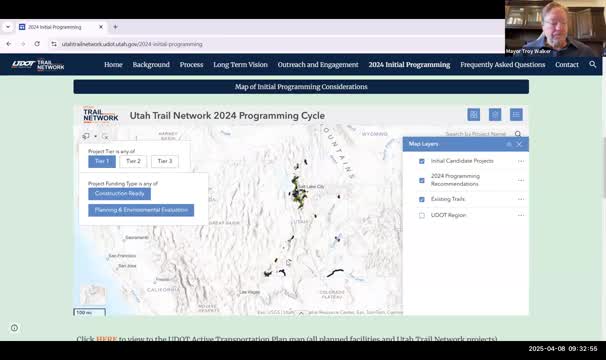Article not found
This article is no longer available. But don't worry—we've gathered other articles that discuss the same topic.
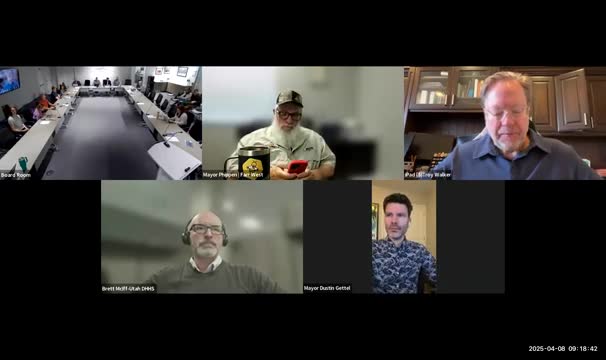
Votes at a glance: committee approves Feb. 11 minutes; adjournment motion passed
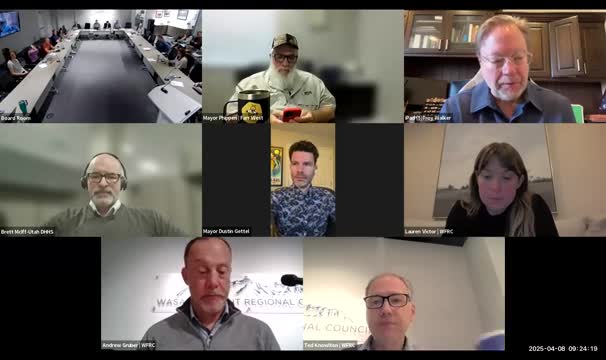
Committee chair invites public to Golden Spoke ride May 10 as part of Bike Month
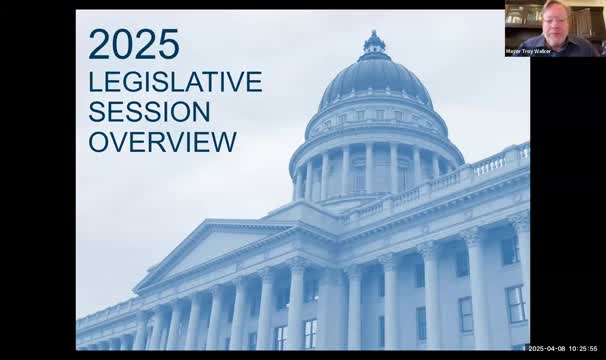
Active transportation bills: SB195 mobility-review rules for Salt Lake City, HB290 defines bike-lane violations
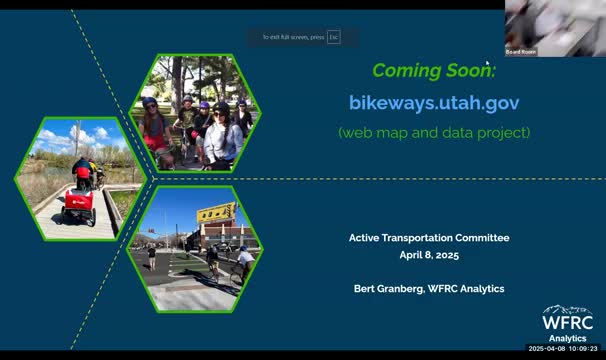
WFRC preview: bikeways.utah.gov to map statewide bike facilities and enable public updates
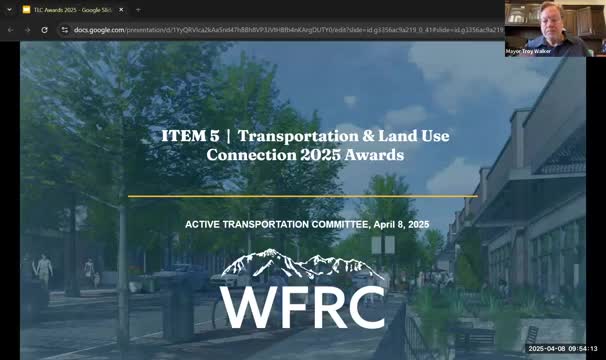
WFRC announces 13 TLC awards totaling nearly $2 million for planning and implementation
